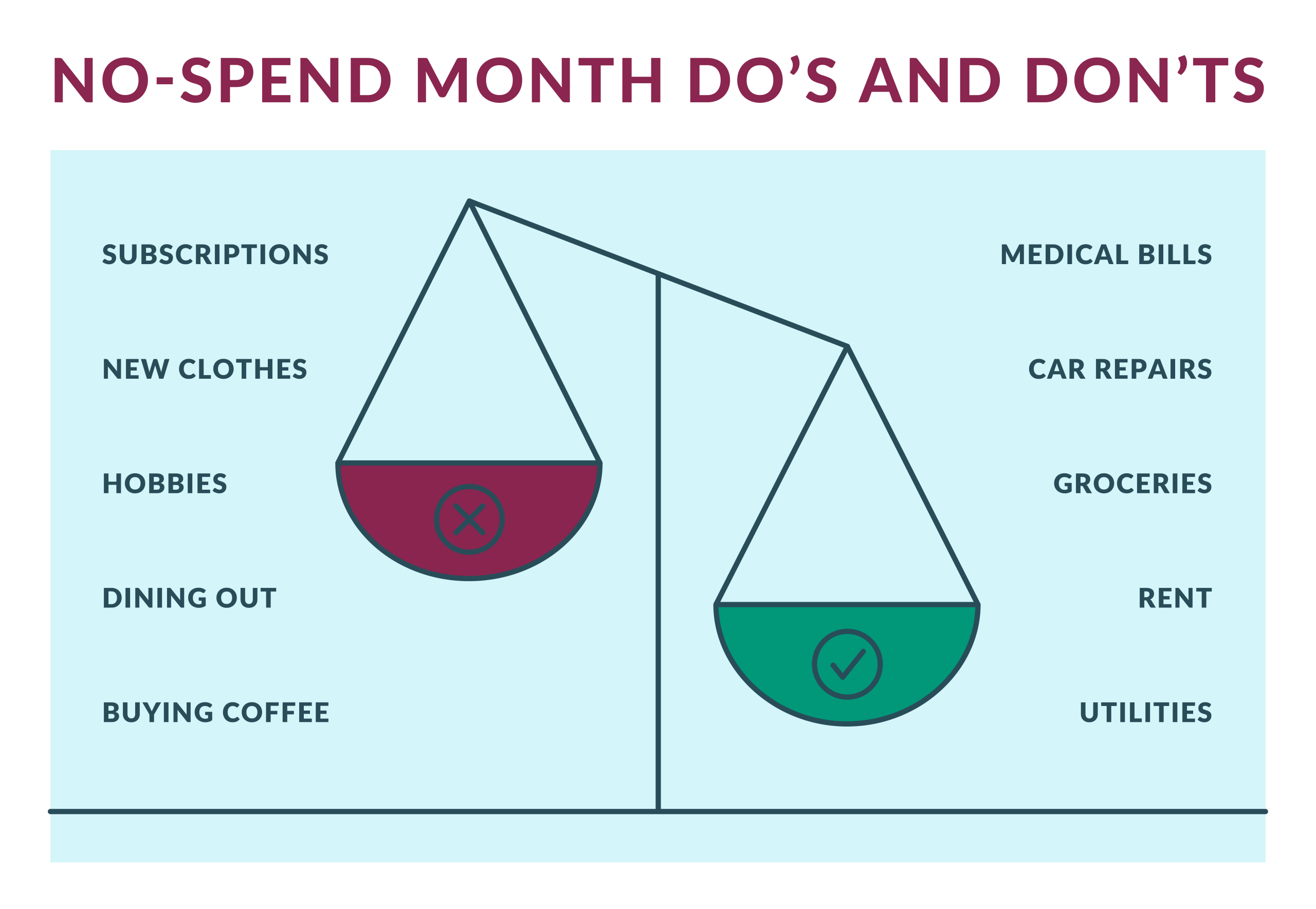Anúncios
In a world where personal finances play a crucial role in stability and well-being, it’s easy to find yourself in a situation where debts accumulate, causing financial concerns and challenges.
Debt consolidation emerges as a smart and strategic solution for those seeking to simplify their financial commitments and regain control over their finances.
In this article, we’ll show you what debt consolidation is and how to do it. Keep reading to find out more.
Understand What Debt Consolidation Is
Debt consolidation is a financial process aimed at combining multiple debts into one, usually with more favorable payment terms.
Instead of dealing with multiple creditors and different payment deadlines, debtors can consolidate their debts into a single loan or line of credit, making financial management easier and potentially reducing financial burdens.
By consolidating their debts, debtors can benefit from lower interest rates, longer payment terms, and sometimes even more affordable monthly payments.
This can result in long-term savings and a reduction in financial stress, allowing debtors to work towards settling their obligations more effectively and organizedly.
When Should I Opt for Consolidation?
Debt consolidation can be a suitable solution in various financial situations. Here are some common scenarios in which consolidation may be a smart choice:
- If you are facing multiple debts with high interest rates, consolidating them into a single loan with a lower interest rate can result in significant savings over time.
- Managing multiple debts can be confusing and stressful. Opting for consolidation simplifies the process, allowing you to track a single monthly payment, which can help avoid delays and late payment penalties.
- If you are struggling to make minimum payments on multiple debts due to liquidity issues, consolidating your debts can result in lower and more affordable monthly payments, relieving financial pressure.
- If you can secure a consolidation loan with more favorable terms and conditions than your existing debts, such as a lower interest rate or longer repayment term. It may make sense to consolidate your debts to save money and improve your financial situation.
- If you prefer dealing with a single financial institution and a single monthly payment, debt consolidation offers this convenience, making it easier to control your finances and enabling more effective financial planning.
Thus, the decision to opt for debt consolidation should be based on careful evaluation of your personal financial situation. Including your existing debts, your ability to pay, and the options available to you.
If you find yourself in one or more of the situations above, debt consolidation may be a valuable strategy for regaining control of your finances and working towards a more stable financial future.
Know the Types of Consolidation
Debt consolidation can be done in various ways, depending on individual circumstances and the type of debts to be consolidated.
Here are some of the most common types of consolidation:
Credit Card
Credit cards are a common source of debt due to high interest rates and often insufficient minimum payments.
Credit card debt consolidation involves transferring balances from multiple credit cards to a new card with a lower interest rate or to a personal loan.
This can help reduce financial charges and simplify payments.
Personal Loan
A personal loan is a popular option for consolidating debts, especially when it comes to high-interest debts like credit cards.
By obtaining a personal loan, debtors can use the funds to pay off their other debts, leaving them with a single monthly payment at a potentially lower interest rate.
Student Loan
Student loans can represent a significant burden for many graduates, especially if they have multiple loans with different lenders and interest rates.
Consolidating student loans involves grouping all loans into a single loan with a fixed monthly payment, making management easier and, in some cases, resulting in financial savings.
Home Loan
For homeowners, debt consolidation can be done through mortgage refinancing or a home equity loan.
This type of consolidation allows homeowners to use the equity in their home to pay off non-housing-related debts, such as credit cards or personal loans.
Home loans often offer lower interest rates than other forms of credit, making them an attractive option for consolidating debts and reducing financial costs.
Does Consolidation Affect Credit Score?
Yes, debt consolidation can affect your credit score in several ways. Firstly, by using a consolidation loan to pay off credit card balances or other loans, this can reduce your credit utilization ratio, which is the amount of available credit you are using.
A lower utilization ratio is generally viewed positively by credit agencies and can result in an improvement in your credit score.
On the other hand, obtaining a new loan or credit card to consolidate your debts can result in the opening of a new credit account.
Opening new accounts can temporarily reduce your credit score, especially if you have multiple inquiries within a short period.
Additionally, it’s important to consider the impact on your payment history. If you use a new consolidation loan to pay off your existing debts, it’s crucial to make timely and full payments to maintain or improve your payment history.
Another consideration is the mix of credit types. If you consolidate different types of debts, such as credit cards, personal loans, or student loans, this can result in a more diversified mix of credit types on your credit report.
A diverse mix of credit can be viewed positively by credit agencies.
Finally, the closure of old accounts may be a side effect of consolidation. If you pay off existing debts with consolidation, some of these old accounts may be closed. Closing old accounts can reduce your average age of credit.
Thus, debt consolidation can have varied impacts on your credit score, and it’s important to understand these potential impacts and take steps to minimize any negative effects. Such as making timely payments and avoiding opening multiple new credit accounts simultaneously.
Liked learning about debt consolidation? Check out more tips on our website.






